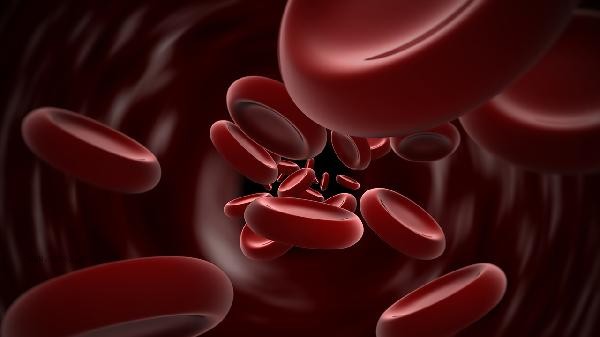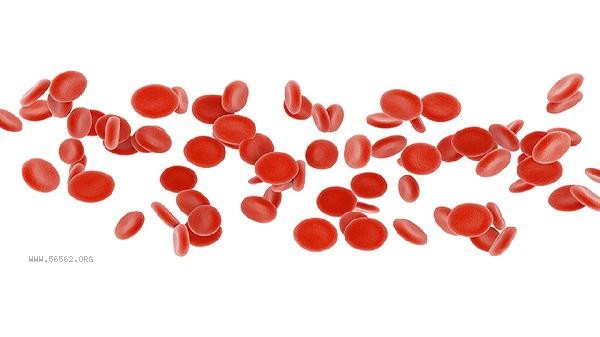A high red blood cell count can be restored to normal by adjusting drinking habits, improving dietary structure, moderate exercise, controlling underlying diseases, and avoiding high-altitude environments. Increased red blood cells may be caused by factors such as dehydration, chronic hypoxia, and abnormal bone marrow proliferation.

1. Adjust drinking habits:
It is recommended to maintain a daily water intake of 2000-2500 milliliters and avoid diuretic drinks such as strong tea or coffee. Dehydration can lead to blood concentration, resulting in a relative increase in red blood cells. Drinking warm water on an empty stomach in the morning can help dilute blood, and timely supplementation of electrolyte water after exercise can maintain fluid balance.
2. Improve dietary structure:
Reduce intake of high iron foods such as red meat and animal organs, and increase the proportion of diuretic vegetables such as winter melon and celery. Moderate consumption of deep-sea fish can improve blood viscosity, and it is recommended to consume 2-3 times a week. When cooking, use olive oil instead of animal oil to avoid the impact of fried foods on blood rheology.
3. Moderate exercise:

Engage in 3-5 aerobic exercises such as brisk walking and swimming per week, each lasting 30-45 minutes. It is advisable to maintain a heart rate of 220% -60% -70% for exercise intensity. Regular exercise can promote the regulation of bone marrow hematopoietic function, but it is necessary to avoid intense activities such as high-altitude hiking that can lead to hypoxia.
4. Control underlying diseases:
Chronic obstructive pulmonary disease, sleep apnea, and other diseases can lead to compensatory erythrocytosis. Standardized use of bronchodilators and continuous positive pressure ventilation can improve hypoxic conditions. Patients with polycythemia vera need to regularly monitor JAK2 gene mutations and use interferon therapy if necessary.
5. Avoid high-altitude environments: Residents living in areas with an altitude of over 2500 meters should be equipped with oxygen production equipment, and those who enter high-altitude areas for a short period of time can take anti hypoxia drugs such as Rhodiola rosea in advance. Long term exposure to high altitude can lead to compensatory elevation of hemoglobin. It is recommended to return to plain areas for 1-2 weeks of rest every 3 months. People with high red blood cell counts should establish a regular blood routine review mechanism, and it is recommended to test hemoglobin and hematocrit every 3 months. Daily fingertip blood oxygen monitoring can be performed to maintain blood oxygen saturation above 95%. Smokers should quit smoking immediately to avoid exacerbating hypoxia by combining carbon monoxide with hemoglobin. Maintaining a lateral position during sleep can improve ventilation function, and the height of the pillow is best to maintain the natural curvature of the cervical spine. When experiencing abnormal symptoms such as dizziness and skin itching, it is necessary to seek medical attention promptly to investigate the possibility of bone marrow proliferative tumors.










Comments (0)
Leave a Comment
No comments yet
Be the first to share your thoughts!